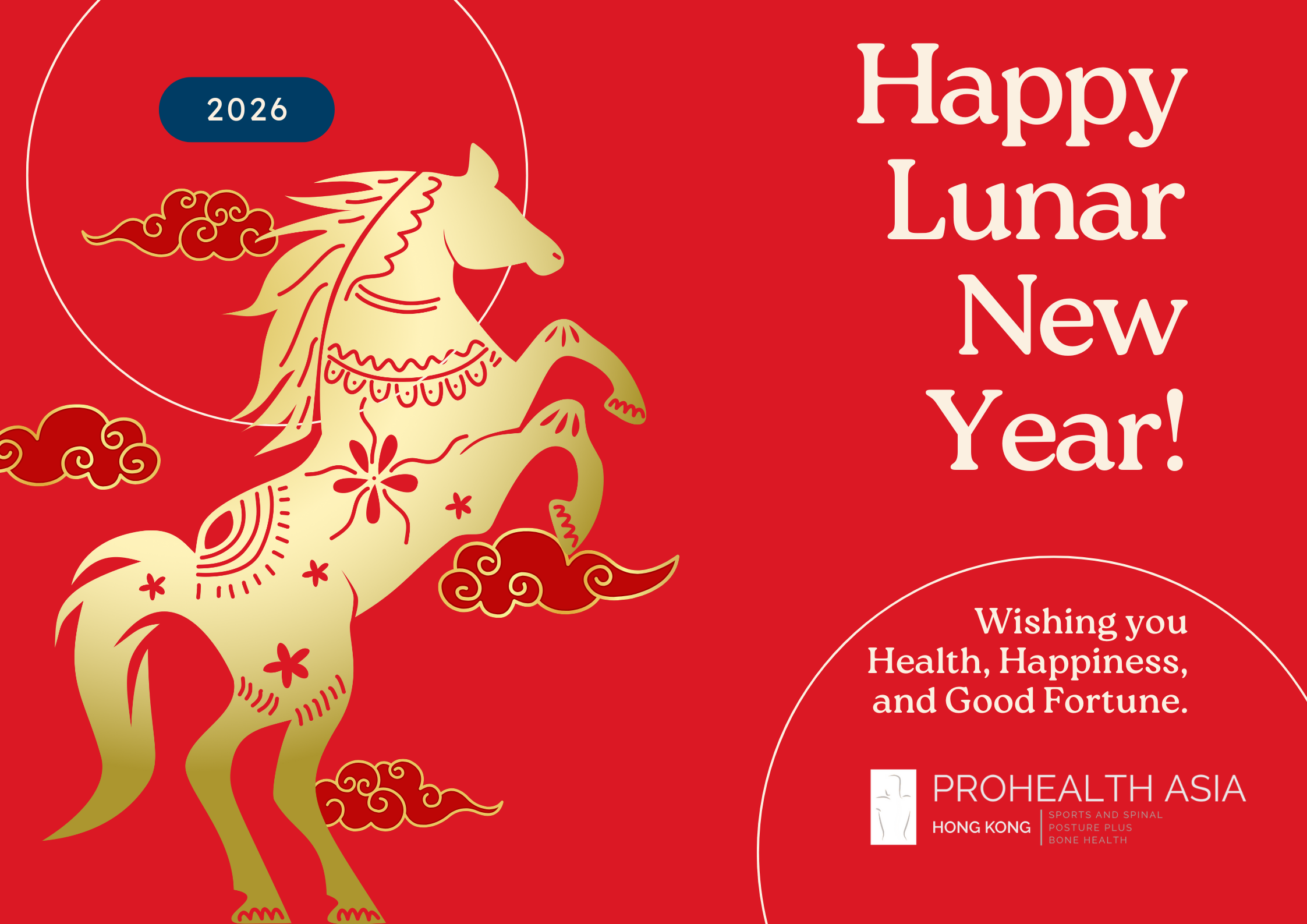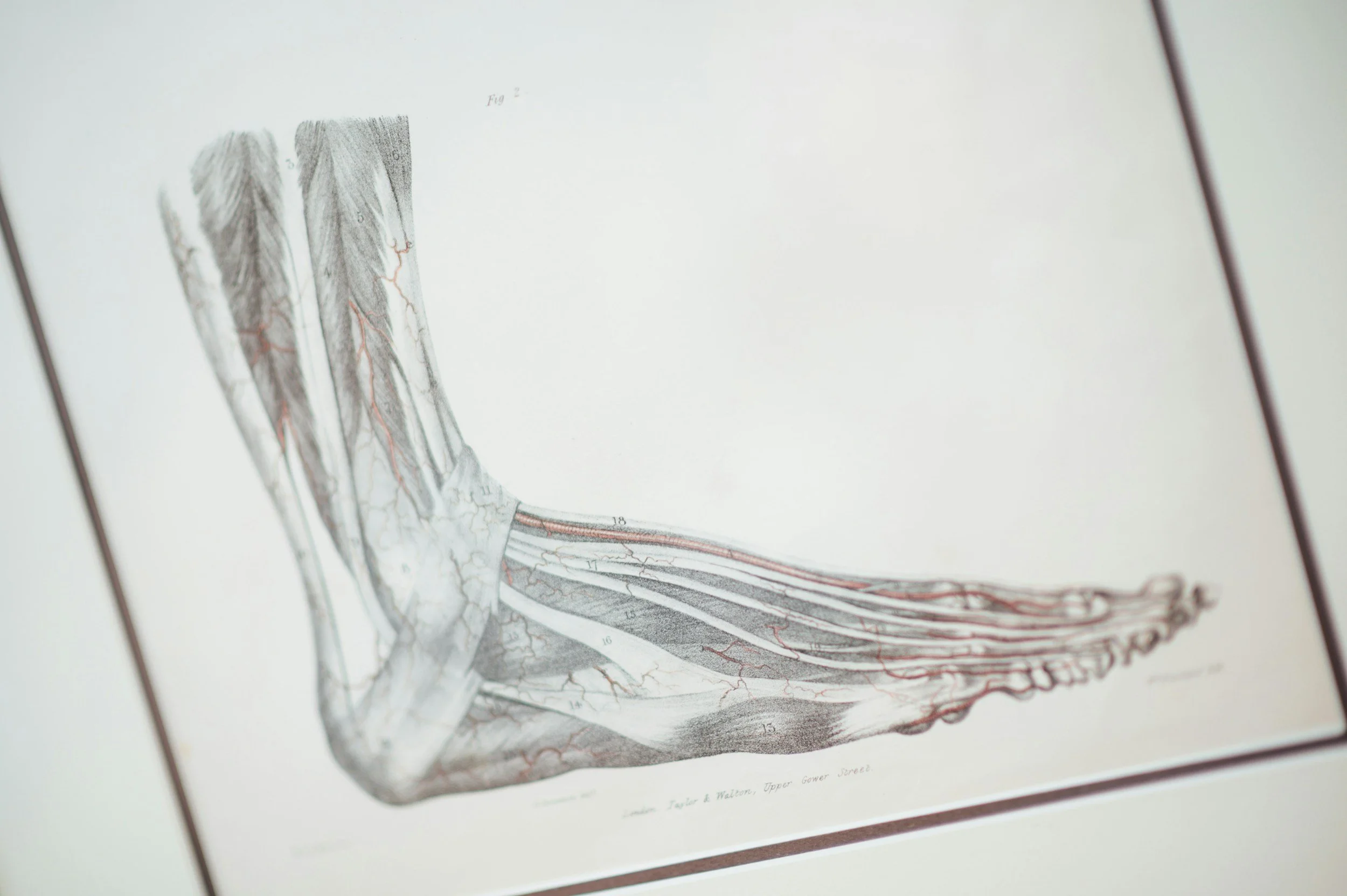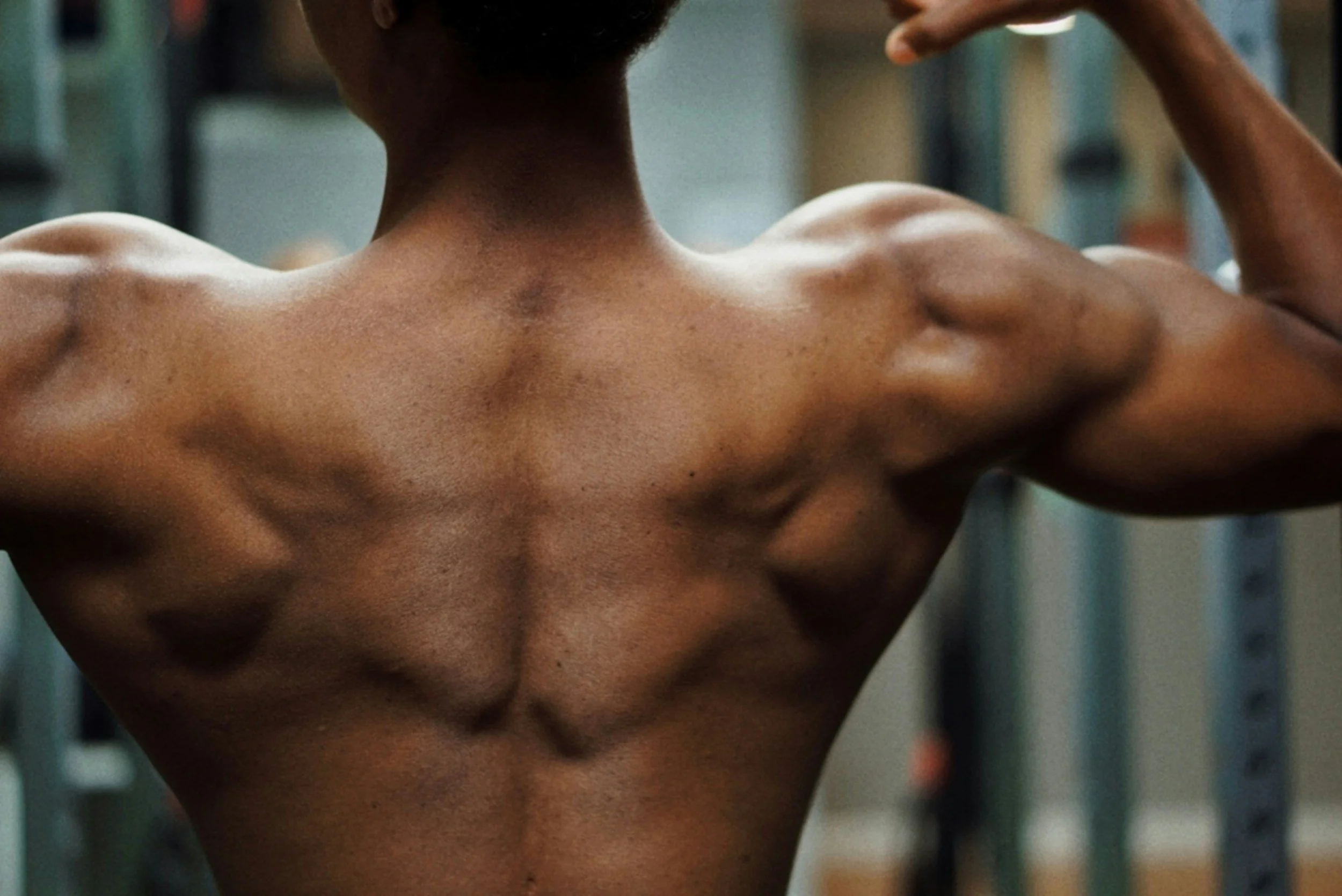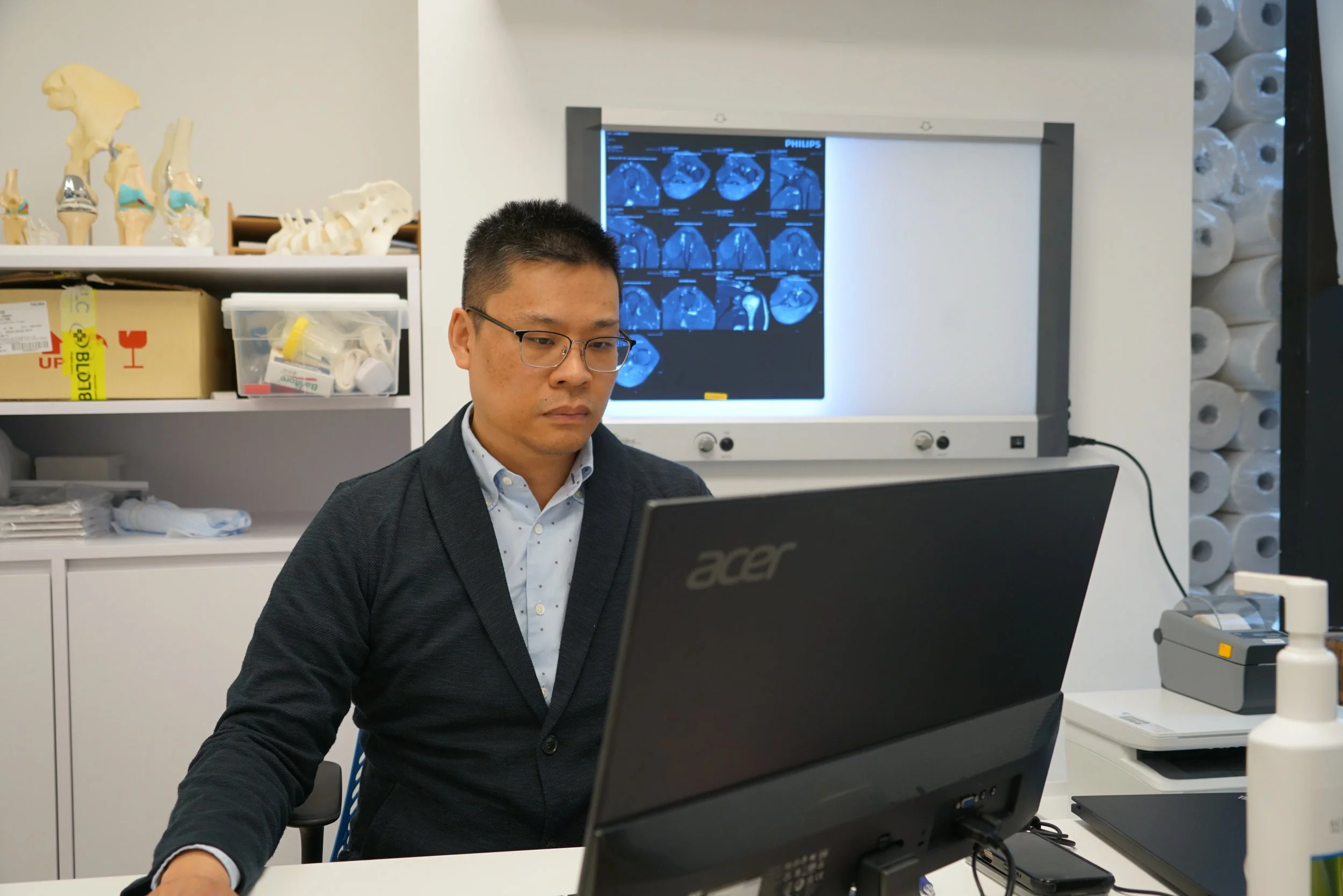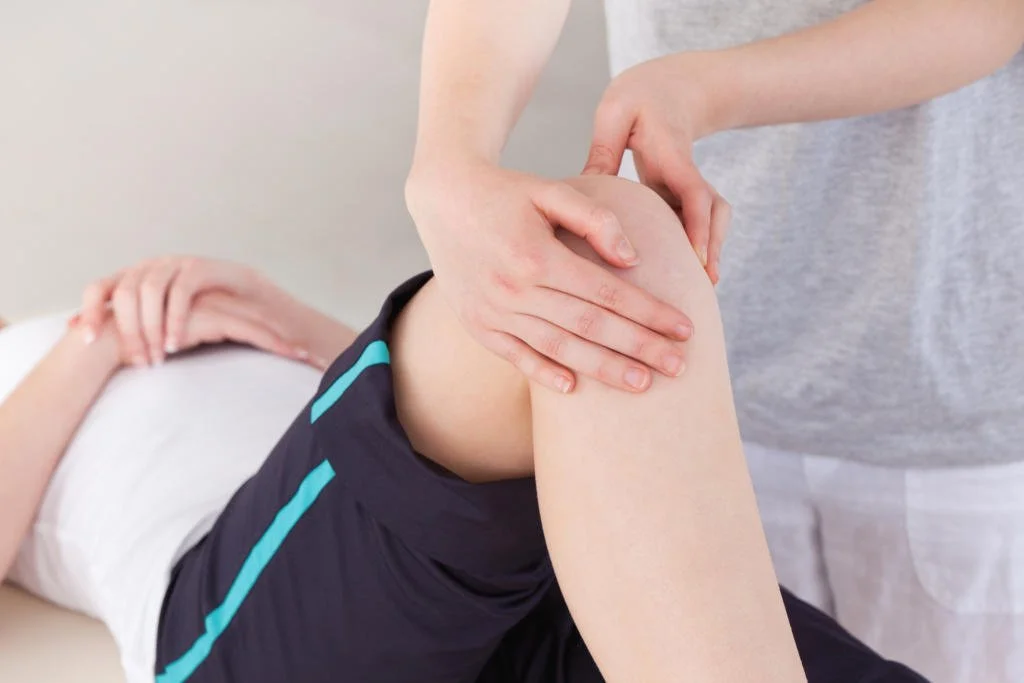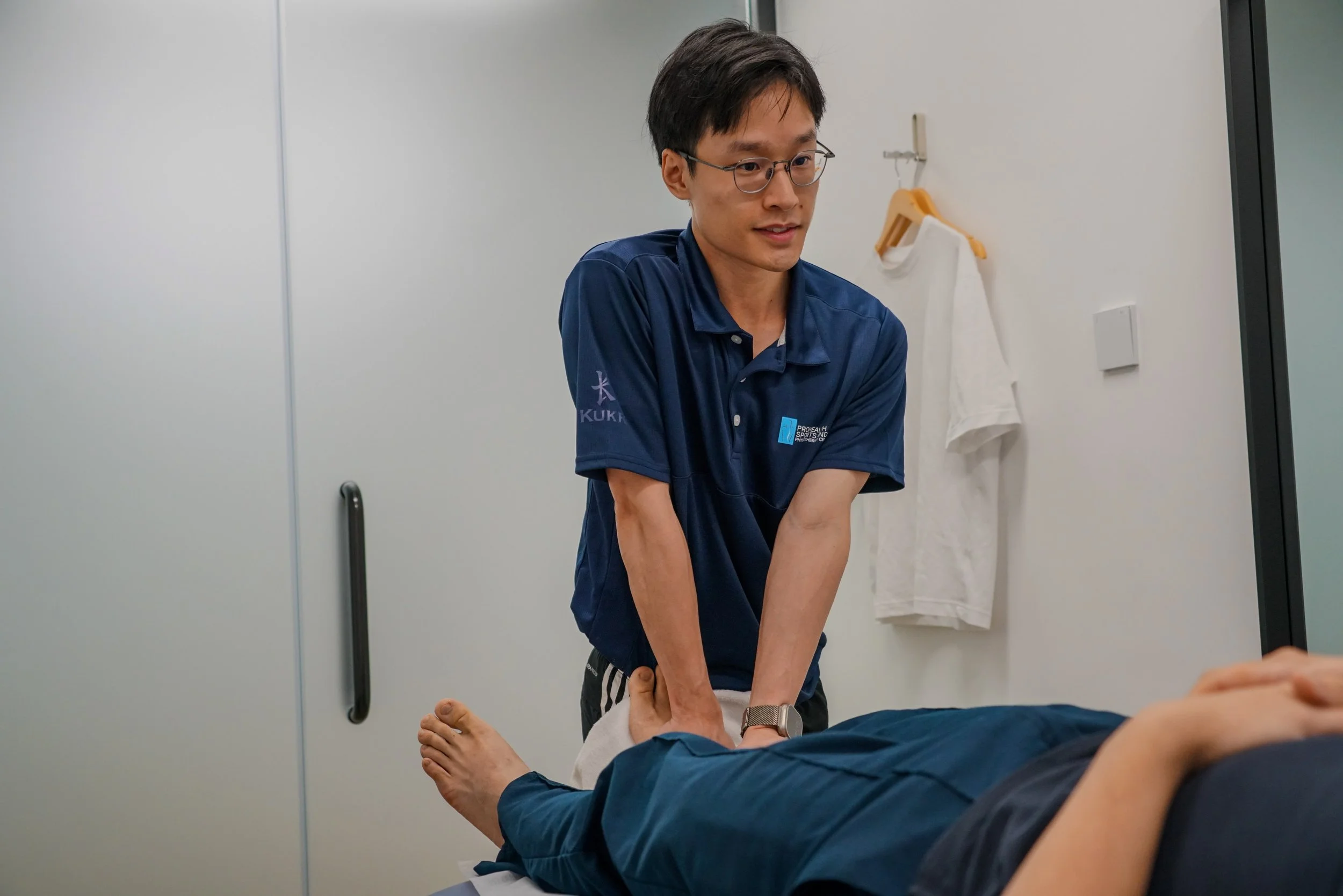
Welcome to the Prohealth Hong Kong blog, your go-to source for expert tips from our physiotherapy team, as well as the latest news on upcoming events and exclusive promotions. Our experienced physiotherapists share their insights on maintaining optimal health, preventing injuries, and enhancing your overall well-being. Stay informed about our workshops, health seminars, and special offers designed to support your journey to wellness. Join us as we explore the best practices in physiotherapy and corporate wellness across Asia.
Happy Chinese New Year: Leap into the Year of the Horse with Health and Mobility
As the vibrant festivities of Chinese New Year approach, Hong Kong transforms into a city of red and gold, filled with the aroma of reunion dinners and the joyful sounds of family gatherings. At ProHealth Asia, we wish you a prosperous and healthy Year of the Horse!
Why Tsim Sha Tsui Professionals and Athletes Need Specialized Physiotherapy
In the heart of Hong Kong’s bustling commercial hub, life moves at a relentless pace. Whether you are a high-performing executive at Ocean Centre, a retail professional in Harbour City, or an urban athlete training along the TST promenade, the physical demands of life in Tsim Sha Tsui (TST) can take a toll on your body.
Overcoming Ankle Inversion Injuries: Why Physiotherapy is Key to Your Recovery
Ankle sprains are one of the most common musculoskeletal injuries seen in Hong Kong, affecting everyone from weekend hikers on the Dragon's Back to athletes and busy professionals navigating our city’s uneven pavements.
New TST Clinic Opening: Leading Physiotherapy Arrives at Ocean Centre (Opening Feb 23rd 2026)
Prohealth Asia, a leading physiotherapy group in Hong Kong, is opening its newest clinic in Ocean Centre, Tsim Sha Tsui. This state-of-the-art facility is designed to meet the increasing demand for advanced physiotherapy services in Kowloon among Hong Kong’s busy professionals.
Shoulder Pain Diagnosis 101: Why Your Shoulder Hurts & How to Fix It
Shoulder pain is one of the most common reasons for musculoskeletal consultations. Because the shoulder is the most mobile joint in the human body, its complexity makes it susceptible to a wide range of injuries.
Headache & Neck Pain: What You Need to Know (From a Physiotherapy Perspective)
Headache and neck pain often show up together—and for many people, they can become persistent, frustrating, and confusing. The good news? Understanding why they happen and how to manage them can make a huge difference.
Physiotherapy for Golfers: Improve Your Swing and Prevent Common Injuries
Golf is a game of precision, technique, and repetitive motion. While it may seem low-impact, golf puts significant stress on your body, especially your back, shoulders, wrists, and hips. Whether you are a weekend golfer or a regular player, physiotherapy can help you enhance your swing, boost performance, and avoid injuries that might keep you off the course.
Orthopaedic Case Study: Tophi Eroding Through the Skin
Mr. Lee, 38, noticed swelling in his left big toe over 20 years ago. But at the time, I didn't know I had gout, and my family thought it was rheumatism. Consequently, he never sought formal medical attention or took medication until five or six years ago when he started developing prominent lumps all over his body, including his fingers, toes, elbows, and knees. These subcutaneous lumps are actually tophi.
2026 Success: Physiotherapy at ProHealth Asia Hong Kong
At ProHealth Asia Hong Kong, we understand that lasting success requires more than just willpower; it requires a personalized, evidence-based plan. This 2026, let us help you transform your health aspirations into concrete, achievable results. Don't just set goals—build a roadmap to a stronger, healthier you with the expert guidance of a physiotherapist.
Optimize Your Getaway: How to Use Physiotherapy Principles for a Pain-Free Vacation
Planning your next trip—be it an adventurous snowsports itinerary or a relaxing beach holiday—is exciting. However, the physical demands of travel, from enduring long flights and carrying luggage to engaging in novel activities, can often lead to unexpected muscle aches, joint stiffness, and compensatory pain patterns.
ACL Reconstruction: Mastering the Full Return to Sport Journey
Anterior cruciate ligament (ACL) reconstruction is one of the most common surgeries for athletes and active individuals who have experienced a knee injury. Returning to sport safely after ACL reconstruction requires more than just healing from surgery. Physiotherapy plays a vital role in restoring strength, stability, and confidence, ensuring that athletes can safely resume training and competition. Understanding the physiotherapy perspective helps patients navigate the full return to sport journey effectively.
Taping and Bracing: When to Use Supportive Techniques for Injury Recovery
Injury recovery often requires more than rest and rehabilitation exercises. Taping and bracing are two effective supportive techniques used in physiotherapy to protect injured joints, reduce pain, and enhance recovery. Understanding when and how to use these methods can help patients recover safely while maintaining mobility and confidence in daily activities or sports.
Understanding the Difference: Physiotherapy vs. Manual Therapy vs. Sports Therapy
If you're dealing with an injury, chronic pain, or are looking to enhance your physical performance, you've likely encountered the terms physiotherapy, manual therapy, and sports therapy. While they all play a crucial role in physical health and rehabilitation, they are distinct disciplines with different scopes of practice, focuses, and techniques.
HYROX Success: Your Secret Weapon is Sports & Spinal Physiotherapy in Hong Kong
The HYROX global fitness race—combining eight 1km runs with eight functional fitness stations—is a supreme test of hybrid endurance that is truly taking Hong Kong by storm. The unique, high-intensity demands of this race require athletes to repeatedly switch between running and heavy functional movements, placing specific and intense stress on the body.
How to Hack Your Habits: The Physiotherapist's Guide to Lasting Movement Change
Creating lasting movement habits can be challenging, especially when modern life encourages long periods of sitting and inactivity. Many people start exercise programs with enthusiasm but quickly lose momentum. This is where a physiotherapist’s guidance can make all the difference. By combining knowledge of human movement with habit-building strategies, physiotherapists can help you develop sustainable routines that support long-term health.
Unlocking Your Potential: Jason's Guide to Ankle Inversion Sprain
Have you been struggling with pain, limited movement, or discomfort in your outer part of the ankle after a slip or fall? You may be experiencing a condition known as Ankle Inversion Sprain. While it can be frustrating, understanding what's happening in your body is the first step toward recovery.
Your Home Office Masterclass: Setting Up Pain-Free Ergonomics Without a New Desk
Working from home has become a daily reality for millions of people. While flexibility and convenience are advantages, spending hours at a poorly arranged workspace can lead to discomfort, pain, and long-term musculoskeletal issues. Many workers assume that achieving proper ergonomics requires a costly new desk or chair. In reality, you can create a pain-free home office setup using simple adjustments and smart habits.
Osteoporosis and Physiotherapy: Strengthening Your Bones as You Age
Osteoporosis is one of the most common age-related conditions that affects bone strength and density. As people grow older, bones naturally lose minerals such as calcium, making them thinner and more fragile. This increases the risk of fractures, particularly in the spine, hips, and wrists. However, the good news is that physiotherapy plays a vital role in preventing and managing osteoporosis by helping strengthen bones, improve balance, and enhance mobility.
Post-Game Recovery: Why Athletes Need Physiotherapy After Every Competition
For athletes, every competition pushes the body to its limits. Whether you’re a professional or a weekend warrior, proper post-game recovery is vital to maintain peak performance and avoid injuries. One of the best ways to support your body after intense physical activity is through physiotherapy. At Prohealth Hong Kong, we emphasise the importance of post-game physiotherapy to help athletes recover faster and prepare for their next challenge. Here’s why physiotherapy should be an essential part of your post-competition routine.
Padel and Pilates: Why Physiotherapy is the Key to Corporate Wellness and Longevity
We were recently thrilled to be part of a corporate wellness event at Swire, introducing their team to the dynamic world of Padel and the foundational strength of Mat Pilates. This unique combination showcased two seemingly different activities that both underscore a critical truth: physiotherapy is the essential foundation for sustainable wellness and peak employee health.

